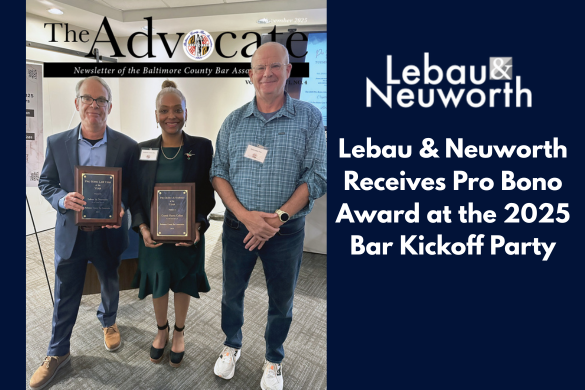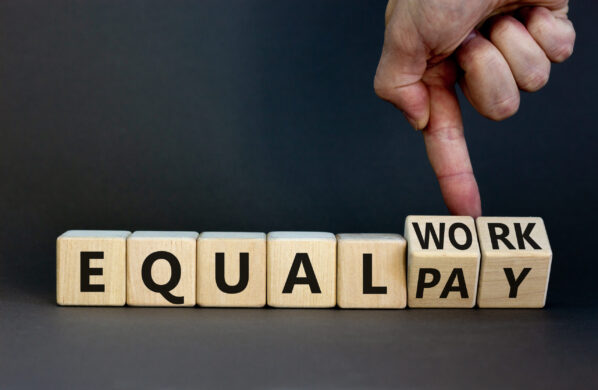In the past, we have warned employees to be extremely careful in posting on social media or even allowing your friends to post about you. A few weeks ago, we posted about an employee who lost on an FMLA claim because her friend posted dozens of photos of her at a weekend festival during the time she claimed she was too ill to work. See this link.
We have another example to try drive home the point that social media postings, no matter how seemingly benign, can greatly harm, if not outright destroy, an employee’s case. In a recent case, EEOC v. The Original Honeybaked Ham, a class action sexual harassment lawsuit, filed by the U. S. Equal Employment Opportunity Commission, a trial court judge ruled that the plaintiffs had to turn over all of the social media postings and passwords. The court accepted the argument of the employer that postings could be relevant to the asserted claims. The employer had specifically pointed to one of the Facebook postings of one of the plaintiffs:
Statements that discuss her financial expectations in [the] lawsuit; a photograph of herself wearing a shirt with the word “CUNT” in large letters written across the front (a term she alleges was used pejoratively against her, also alleging that such use offended her); musings about her emotional state in having lost a beloved pet as well as having suffered a broken relationship; other writings addressing her positive outlook on how her life was post-termination; her self-described sexual aggressiveness; statements about actions she engaged in as a supervisor with Defendant . . . ; sexually amorous communications with other class members; her post-termination employment and income opportunities and financial condition . . .
So, once again, learn the lesson before it is too late! Don’t ever discuss your employer on Facebook or on any other social media. Also, think about how a snooping, cynical employer will twist and spin against you whatever you post, whether or not it is about work. For example, if you claim that your employer caused you emotional distress by discriminating or harassing you, and you have Facebook postings showing yourself enjoying life, relaxing, dining out, etc., to some that will not support you claim. An employer will not understand that a victim still leads a life after being traumatized at work and part of the recovery process is, in fact, to move on life. Therefore, be smart and think twice, maybe three times, before posting on social media.











